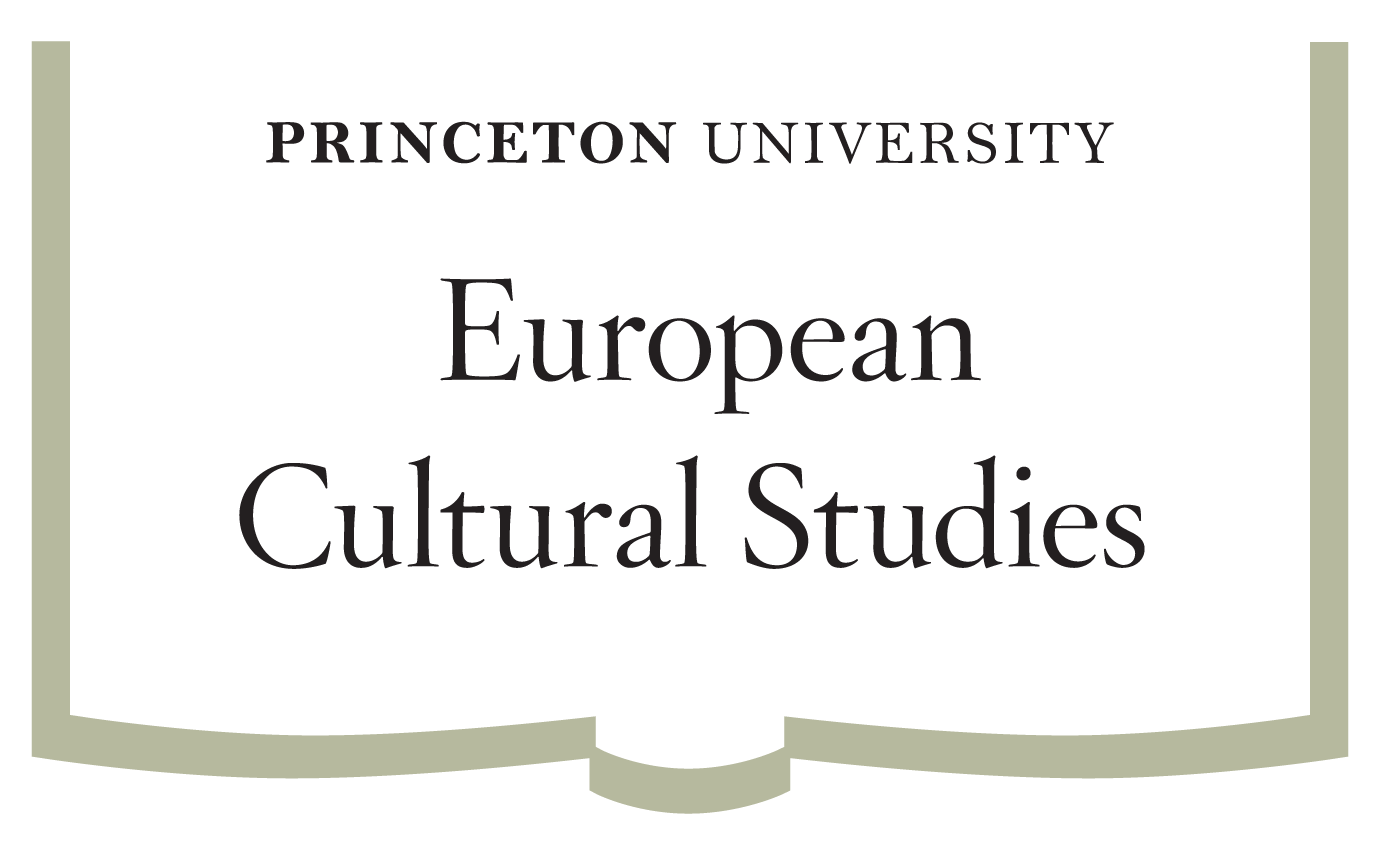
The Political is Personal: Rousseau’s Ethics of the Self
Department of French and Italian Jason Neidleman
November 4, 2020 · 4:30 pm—6:00 pm · virtual

Jean-Jacques Rousseau’s intellectual work was intimately connected to his personal life. Indeed, this connection was a core part of his critique of what we might now call institutionalized academia, toward which Rousseau had an ambivalent attitude at best, a hostile one at worst. Rousseau believed one should write about theoretical questions only to the extent that they serve a personal agenda, to the extent that they improve one’s life. And he thought this was one of the most important things that distinguished him from his contemporaries, who mostly wrote not to secure their personal happiness but to secure their reputation. They wrote in service to their amour propre.
For Rousseau, any worthwhile politics must be personally worthwhile. Otherwise, we are better off shunning a political life in favor of a private one. There is a way politics can be personally redemptive but only in a solidaristic republic of virtue. The only thing that can redeem politics is love of the patrie. It is the solidarity that flows from authentic republican citizenship. It is an immersion of the self in something larger than the self, a dynamic mirrored in the moments of communion Rousseau traces in his non-political, autobiographical writings.
Open to the Education community
If you would like to participate, please contact Kelly Eggers (keggers@princeton.edu) for the zoom id.
ACCESSIBILITY
If you require accommodations to participate in this event, please email Kelly Eggers at least 2 weeks in advance of the event date.












